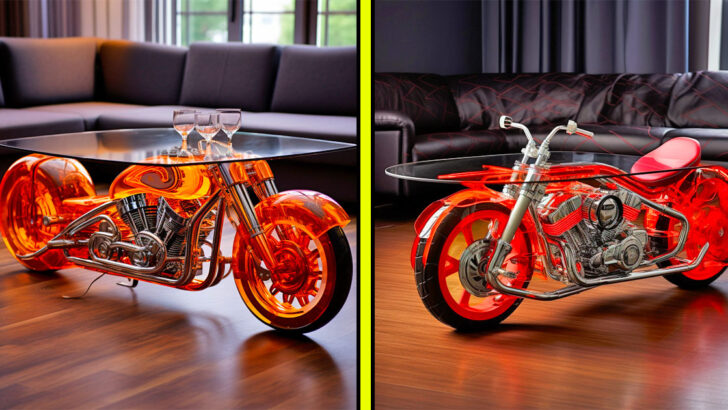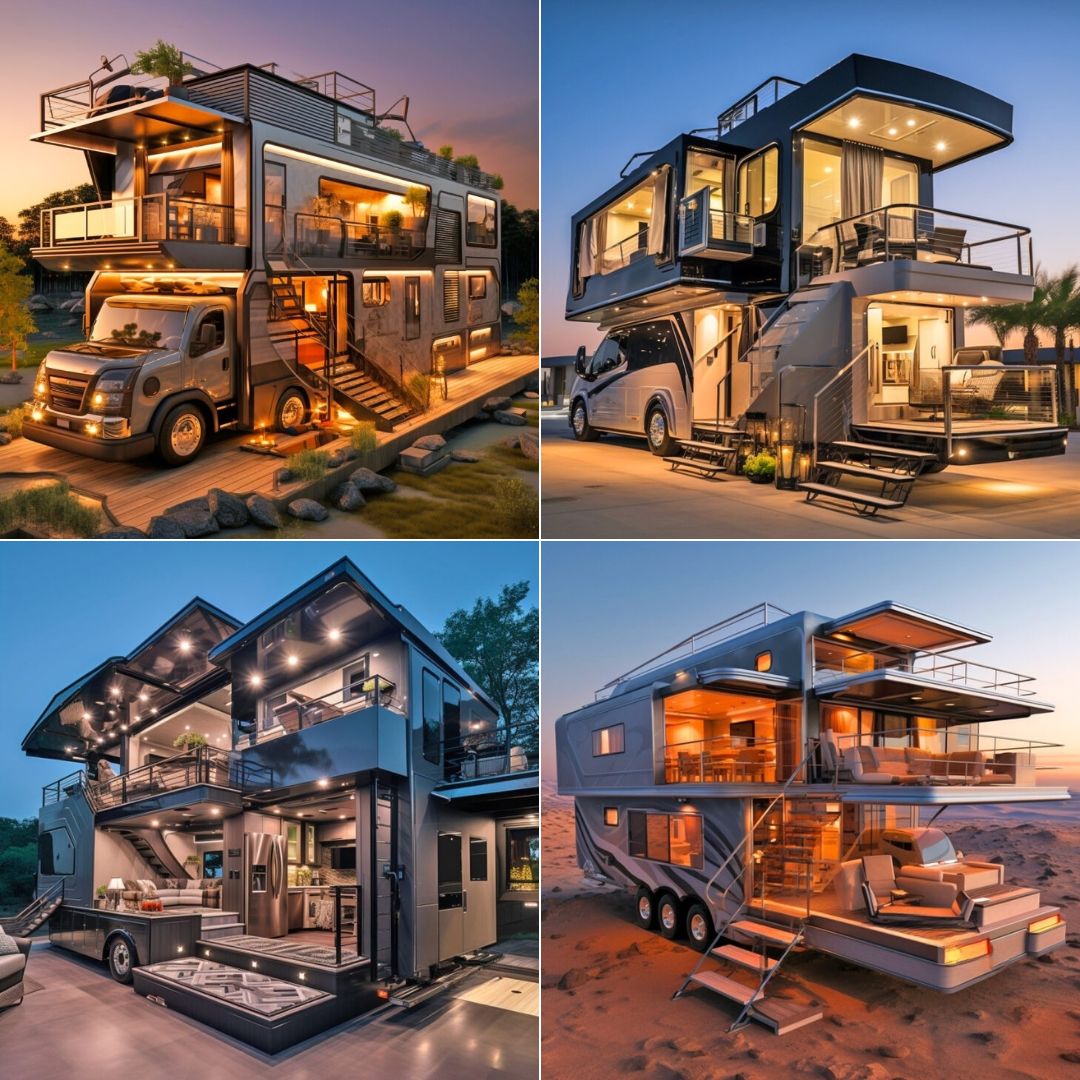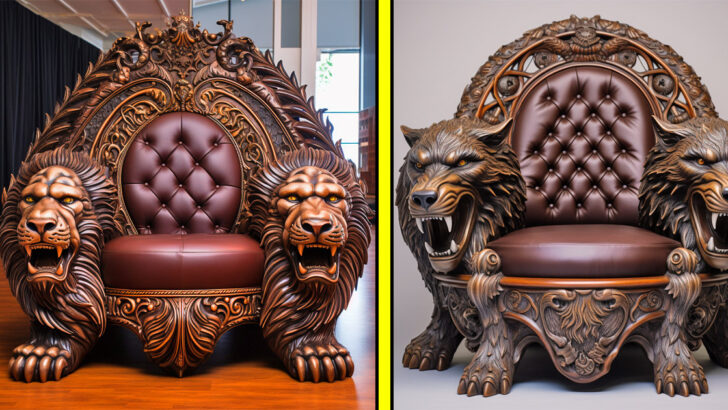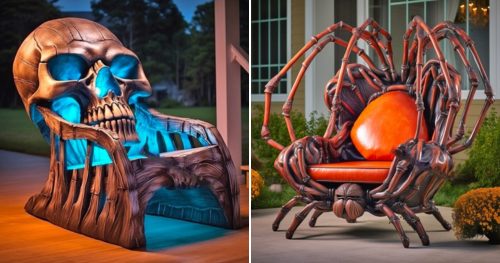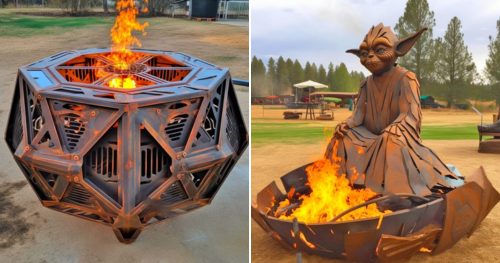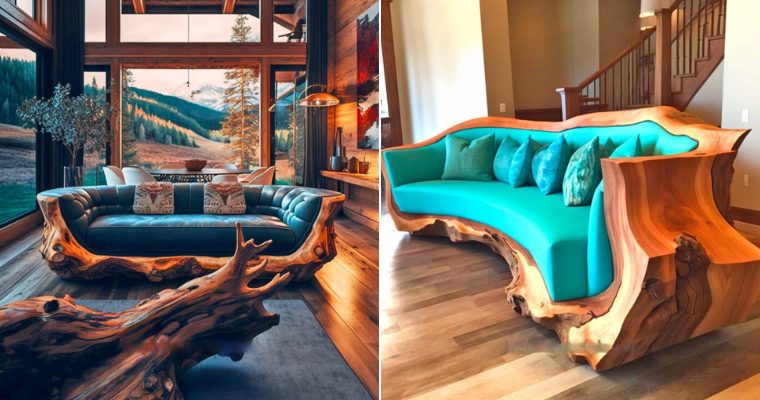Constructed using materials that were either recycled or diverted from landfill, the Early BKK café also has a social mission.
:max_bytes(150000):strip_icc():format(webp)/SPACECRAFTEarlyBKK02-8f72f1c0ea524df2928cda3ada313f26.jpg)
Coffee shops are more than a convenient spot to get a cup of caffeine or a snack. More often than not, they are communal hubs of activity, functioning as places for locals to gather, or perhaps for laptop-toting people to get some work done. It’s the versatility of the coffee shop that has some speculating that it may very well become the model of universities, retail shops, and offices of the future.
Over in Bangkok, Thailand, the important role of the community café is highlighted in this unique project by local architecture and interior design firm, Space+Craft. Constructed using materials that were either recycled or diverted from landfill, the Early BKK café also has a social mission to spread awareness about recycling and zero waste principles within the neighborhood.
:max_bytes(150000):strip_icc():format(webp)/reSPACECRAFTEarlyBKK03-2-4c9d8975f8f245f999df984d7db43750.jpg)
As Space+Craft explains:
“Early BKK started with a strong intention and passion of [Early BKK café owner] Kaytita Chaisuksiri, to create a community café with truly green and sustainable concepts in her neighborhood. [..] In this community, [there are] mostly big families with all generations including pets, therefore Early BKK aimed to be a tangible space that can be accessible to all. Unlike most of the café and retail businesses which always think about making profits, Early BKK on the other hand, thinks about how to introduce recycling and green concept and lifestyle to visitors and neighbors. Seeing many problems arising with regard to waste management these days, upcycling materials that have been overlooked are taken to important parts of the design.”:max_bytes(150000):strip_icc():format(webp)/SPACECRAFTEarlyBKK41-b908a155db9048d199dc5f19f95f4fae.jpg)
Thanapol Jongsiripipat
The new café is now a two-story building on the corner of a quiet intersection and covered with eye-catching, permeable skin made out of metal and over 600 recycled bottles that were found nearby. The addition of translucent bottles helps to create lovely patterns of colored light throughout the day.
:max_bytes(150000):strip_icc():format(webp)/SPACECRAFTEarlyBKK38-936aabbdbf4a4ec591a00eba56f92080.jpg)
The entrance at the corner is actually a double-height courtyard with a young tree, with space to sit in the shade, and for pet owners to temporarily attach their furry companions.
:max_bytes(150000):strip_icc():format(webp)/SPACECRAFTEarlyBKK09-547c2f9bc6b344548142deb4b8a26a4d.jpg)
Inside, the first floor has a number of elements, including the main coffee bar, as well as shelves displaying bulk refills, products for brewing coffee, and items for pets. There is even a rack for displaying vintage clothing for sale at the back of the coffee bar area.
:max_bytes(150000):strip_icc():format(webp)/SPACECRAFTEarlyBKK15-732a6d6103e64fad9334bc3f74153d81.jpg)
In addition, some of the reclaimed beer bottles were smashed down into smaller pieces, and added to the terrazzo countertop for the café bar, and for the bathroom floor.
:max_bytes(150000):strip_icc():format(webp)/SPACECRAFTEarlyBKK48-629e945826fd4bdcbe334e4019283b07.jpg)
The principle of reuse features prominently in this thoughtful design scheme. Bottles were reused extensively throughout the project, including being transformed into one-of-a-kind door knobs. A galvanized iron oil tank was used as a countertop for the bathroom.
:max_bytes(150000):strip_icc():format(webp)/SPACECRAFTEarlyBKK23-4ad508beb3c54589be0f39cde7a8201b.jpg)
The designers got quite innovative, saying that some of the textured concrete walls were molded using the imprint of bottles, creating interesting patterns:
“We called this “bottles fossil” since the production and final look are similar to fossils leaving traces on the wall.”:max_bytes(150000):strip_icc():format(webp)/SPACECRAFTEarlyBKK46-c3d6e489f75a482db5ff46049a58804d.jpg)
We go upstairs using this spiral staircase.
:max_bytes(150000):strip_icc():format(webp)/SPACECRAFTEarlyBKK40-6ffd43eec801458db243ad1bc71214c1.jpg)
On the second floor landing, we get this intriguing view of the courtyard tree, and the enclosed seating area.
:max_bytes(150000):strip_icc():format(webp)/SPACECRAFTEarlyBKK26-89f1118fa3254a7784fe521b10f041f9.jpg)
This seating area is envisioned not only as a place for patrons to sit, but also as a multipurpose space for community workshops. The tables and benches have been built out of a composite material that is entirely made out of reclaimed milk cartons.
:max_bytes(150000):strip_icc():format(webp)/SPACECRAFTEarlyBKK29-458edd41fcf54caa8c13f3dd29d2226d.jpg)
The firm worked with a local factory to produce what they are calling “re-board,” selecting used milk cartons in various warm orange tones, in order to make sure the overall color scheme would match that of the handmade bricks lining the floor.
:max_bytes(150000):strip_icc():format(webp)/SPACECRAFTEarlyBKK37-3c0147c79bc64842b959b2d35dd9c198.jpg)
But besides the sustainable approach to designing the building itself, the community café’s operations also attempt to follow some basic sustainable practices, such as not offering plastic straws or plastic cups, carefully separating waste, and offering a discount when customers bring their own mug. As the designers point out:
“In the end, Early BKK is an inspiring showcase of how interesting upcycling waste materials can finally be. People might come here for a coffee, but will definitely go back with some changes in their mindset about the no-waste and recycle concept. Believing in small intentions can make the world a better place, Early BKK prospected to be a small part of creating some changes in society.”


